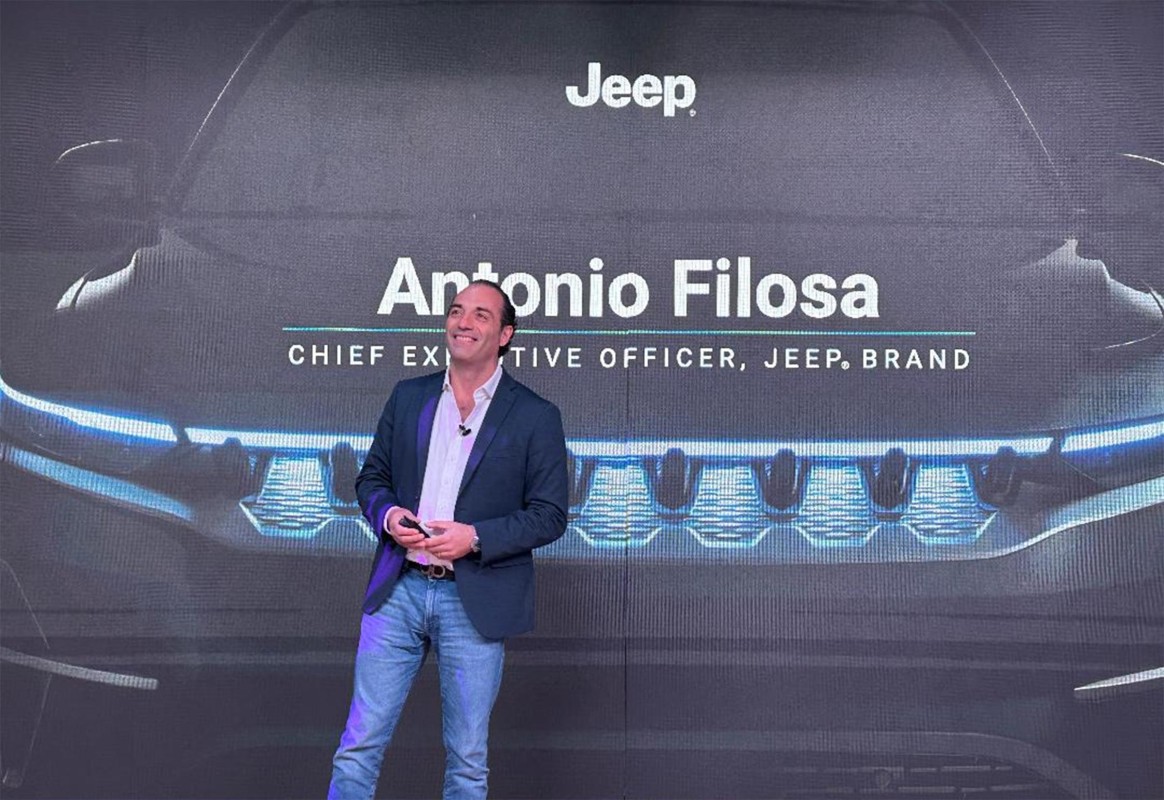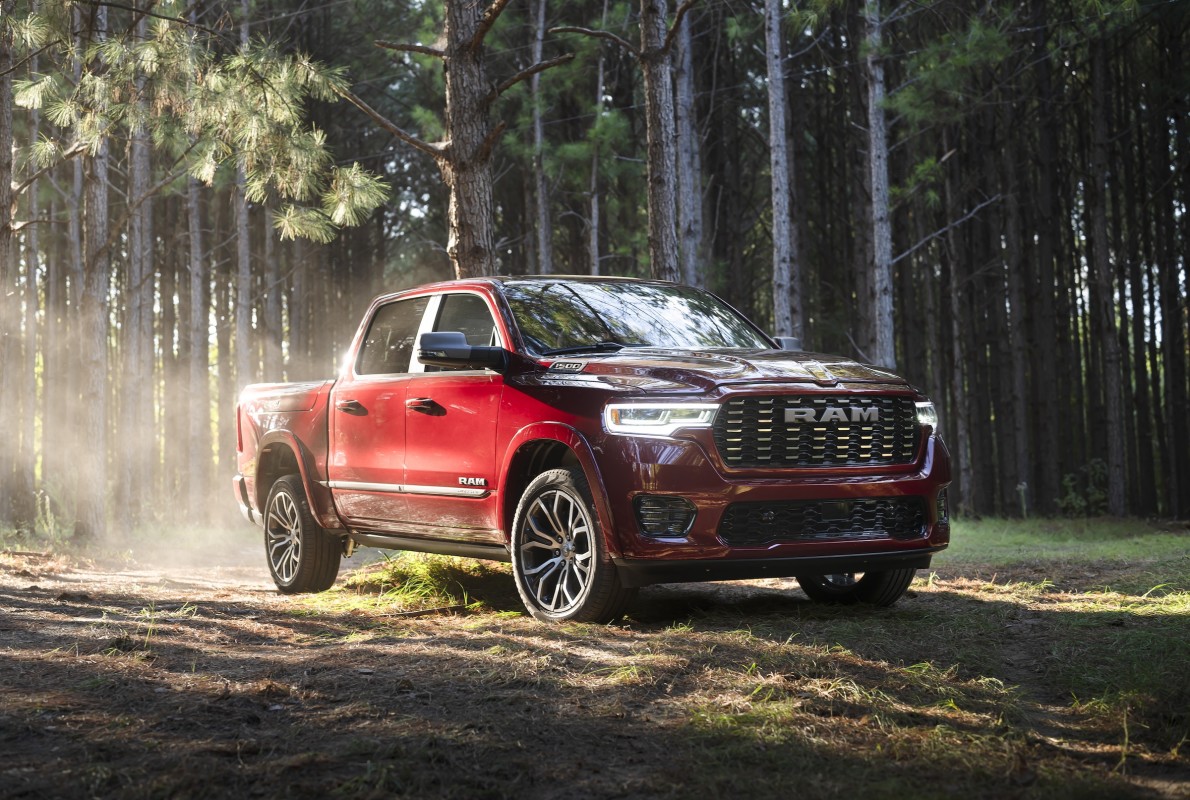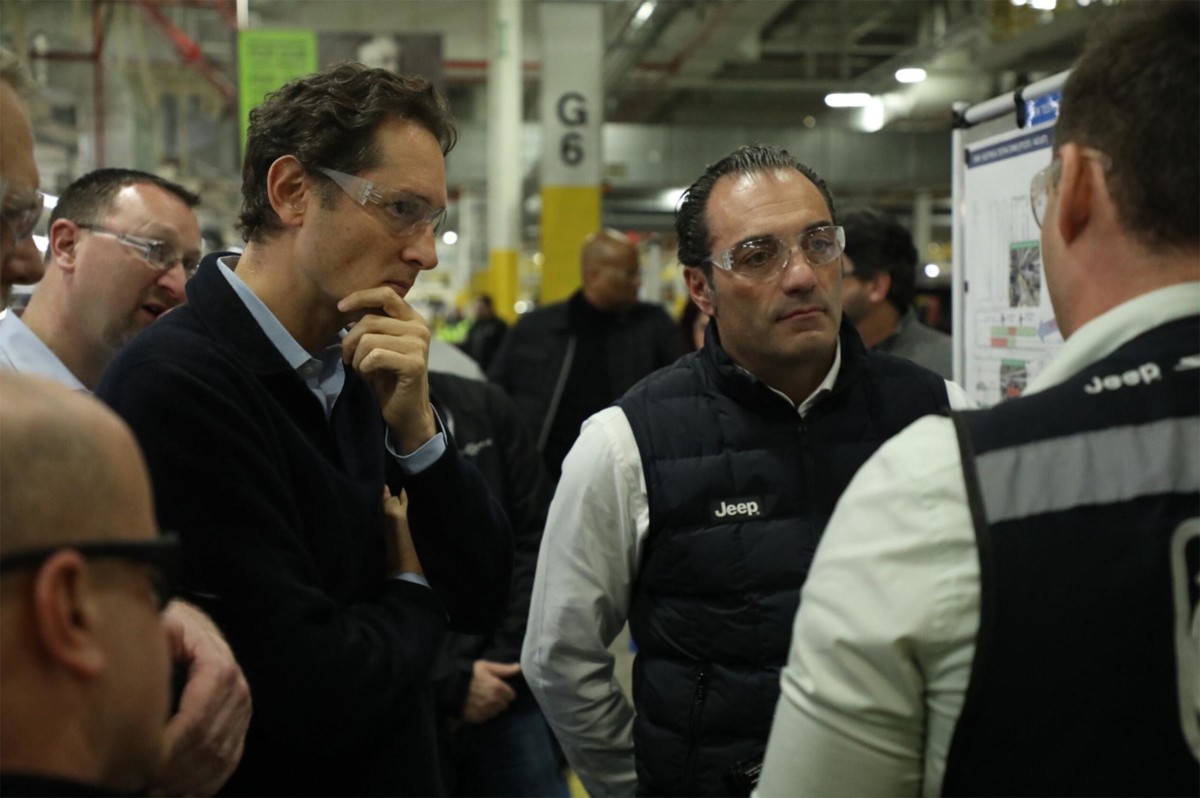New Leadership

Stellantis has concluded a lengthy search by appointing Antonio Filosa as the new CEO, stepping into the shoes left vacant after Carlos Tavares’ unexpected resignation last December. Filosa, at 51 years of age, comes with a rich experience from his previous role as COO of Stellantis’ North American operations. He played a pivotal role during a challenging period marked by declining sales and profits at crucial brands like Jeep and Ram.
Turnaround Plan

Filosa, originally from Italy, brings 25 years of automotive industry experience. His journey with Stellantis has seen him in various roles across different countries, preparing him well for the world stage. Since joining the headquarters a couple of years ago to spearhead the Jeep division, he’s executed strategic changes as the Americas’ COO by 2024. Filosa plans to announce a refreshed management team later in June. During this transition, he’s prioritizing face-to-face engagements at global plants and offices, emphasizing building strong partnerships with dealers, suppliers, and communities.
Tavares Exit

Stellantis is a powerhouse birthed from the 2021 merger between Fiat Chrysler Automobiles and the PSA Group. Despite the initial momentum, the landscape shifted last year, especially with U.S. markets seeing sharp sales drops at brands like Ram and Jeep. Former CEO Tavares, initially revered in the industry, faced criticism and ultimately stepped down, citing his “arrogance” as a factor in the lack of support for his turnaround plans. This move triggered a search for new leadership, wherein Filosa, already serving as COO in the Americas, emerged as the leading candidate to steer Stellantis in its next chapter.
Brand Focus

As noted by Stephanie Brinley from S&P Global Mobility, Filosa has repositioned pricing strategies and adjusted product rollouts. These actions aim to revitalize brands that, according to J.D. Power, have faced quality challenges. However, Filosa must tackle the ongoing task of strengthening Stellantis’ diverse 14-brand portfolio. Analyst Sam Abuelsamid emphasizes evaluating whether all current brands, including Chrysler and Fiat, remain strategically viable for future investments.
Tariff Effects
The latest U.S. tariffs on imported cars and parts, introduced by former President Donald Trump, are disrupting the automotive sector and adding pressure on Stellantis to resolve operational and strategic gaps left by Tavares’ departure. These economic shifts might expedite efforts to restructure marketing and production, pivotal for sustaining competitiveness in an evolving market landscape.
Alpine's Supercar Plans
Trans Am's Timeless Run
Warrior M817 Unveiled
Toyota Boosts GR Output
Stellantis CEO Change